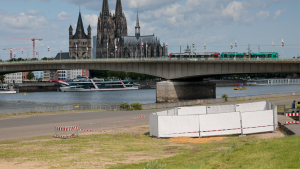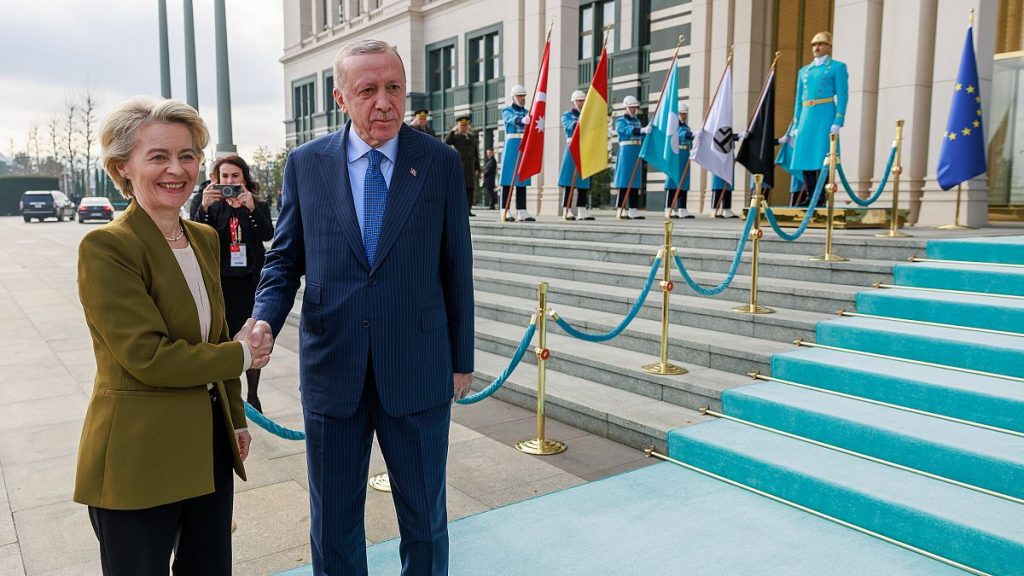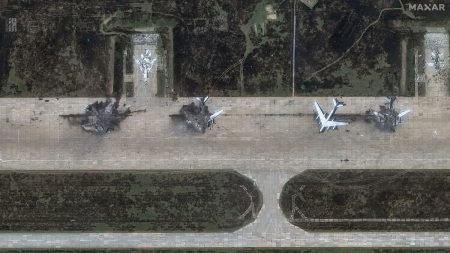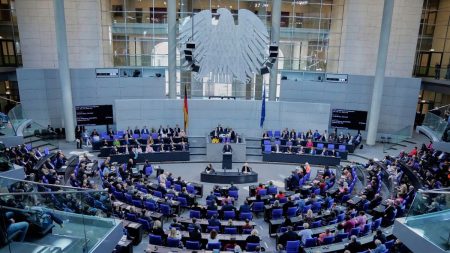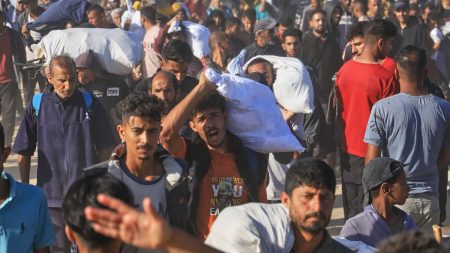The Pivotal Role of Turkey in Shaping Syria’s Future
The collapse of Bashar al-Assad’s regime in Syria has created a power vacuum, with Turkey emerging as a key player in the nation’s unfolding political landscape. Ankara’s significant influence stems from its support for Syrian rebel groups and its extensive military presence near the border. This strategic positioning has granted Turkey unparalleled access to the emerging power structures within Syria, elevating its status on the international stage. Western leaders, recognizing Turkey’s pivotal role, are increasingly engaging with President Erdogan to navigate the complexities of the Syrian crisis.
Turkey’s influence is further amplified by its pragmatic approach to international relations, maintaining connections with diverse actors, including Russia. This multifaceted approach makes it a crucial intermediary, though it also obscures Ankara’s true intentions. For the EU, Turkey’s influence presents both an opportunity and a challenge. While Ankara’s cooperation is essential for achieving stability in Syria, Brussels must also navigate the complexities of Erdogan’s political maneuvering. The EU acknowledges Turkey’s significant sway within Syria, recognizing that any meaningful intervention requires Ankara’s collaboration.
Navigating the Transition: Unity, Rights, and Security Concerns
The EU aims to establish a unified Syrian government that respects the rights of all minorities. This endeavor hinges on Turkey’s willingness to facilitate a smooth transition of power. However, the situation is fraught with complexities, including the presence of Turkish troops in northern Syria and the remnants of ISIS, posing significant security challenges. Ankara’s support for tolerance and territorial integrity aligns with European objectives, but the presence of Turkish forces in northern Syria introduces an unpredictable element. The EU seeks Turkey’s cooperation in preventing further conflict, particularly between Turkish-backed rebels and Kurdish militias, aiming to avert another civil war within Syria and the surrounding region.
The EU’s Balancing Act: Cautious Engagement with an Unpredictable Partner
The EU approaches Turkey with caution, recognizing the unpredictable nature of President Erdogan’s leadership. Despite Turkey’s candidate status for EU accession, progress has stalled, with negotiations effectively at a standstill. This complex relationship is further strained by the issue of Syrian refugees. Turkey, hosting millions of refugees with substantial EU financial support, now seeks their return to Syria. However, the legal and logistical obstacles are immense. Laws under the previous Assad regime labeled refugees as terrorists, requiring repeal before safe repatriation can occur. Moreover, the destruction of infrastructure within Syria poses a significant challenge to resettlement.
EU Funding and the Complexities of Refugee Return
The EU has pledged further financial assistance to support Syrian refugees in Turkey. This funding presents an opportunity to address the multifaceted challenges of repatriation. Ankara is expected to advocate for using this aid to facilitate the return of refugees, a complex issue requiring careful consideration. Ensuring the safety and security of returnees, along with addressing the legal hurdles and infrastructural devastation, will be crucial.
The Road Ahead: Balancing Interests and Ensuring Stability
The future of Syria hinges on a delicate balance of power and interests. Turkey’s role is paramount, but its motivations remain opaque. The EU is tasked with navigating this complex situation, balancing its need for Turkey’s cooperation with its commitment to human rights and stability. The return of Syrian refugees is a central aspect of this challenge, demanding careful planning and significant investment to ensure a safe and sustainable return. The EU’s financial commitment is vital, but its effectiveness will depend on how it is utilized and whether it can truly address the complex needs of the returning population. The path to a stable and unified Syria is fraught with obstacles, requiring ongoing dialogue and careful collaboration between international actors, with Turkey holding a pivotal key to success.


